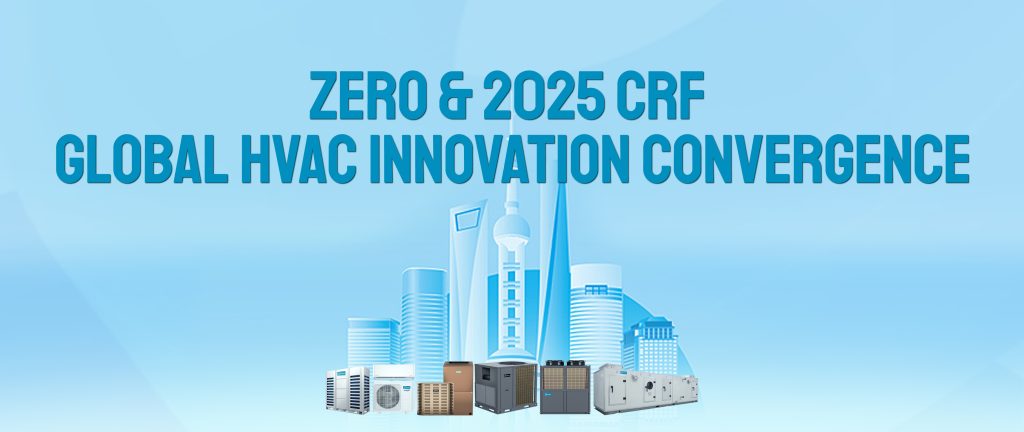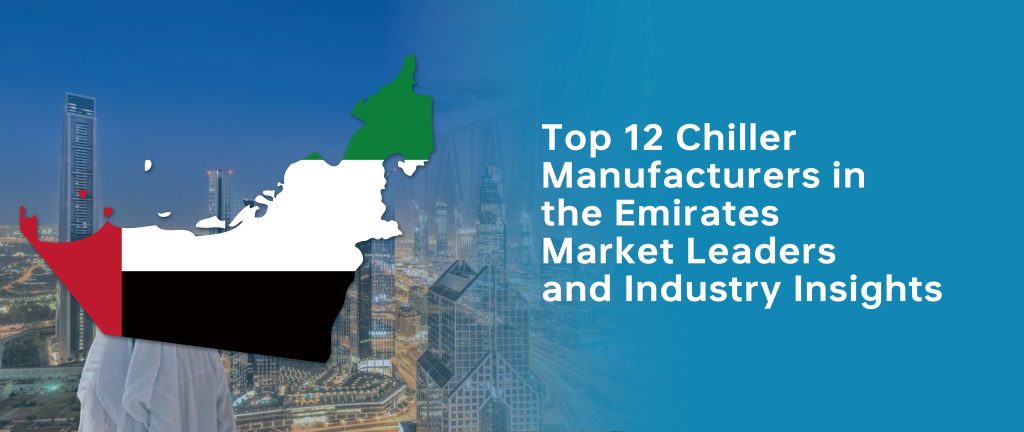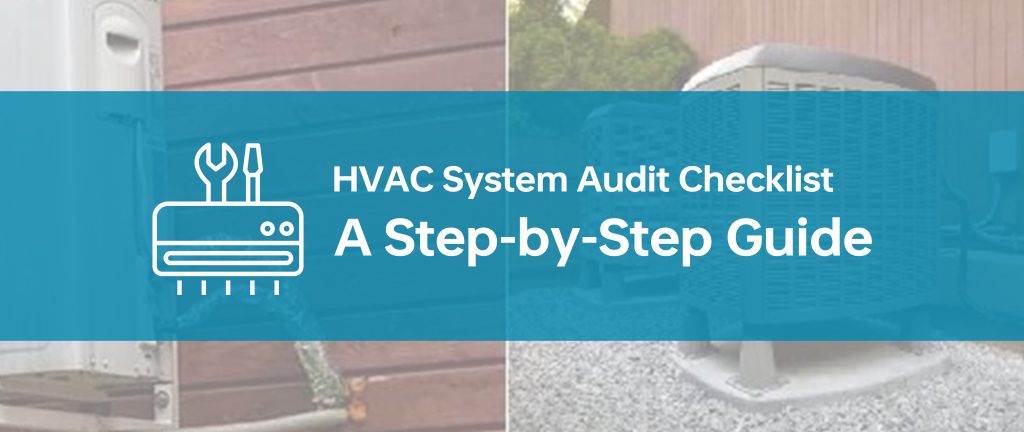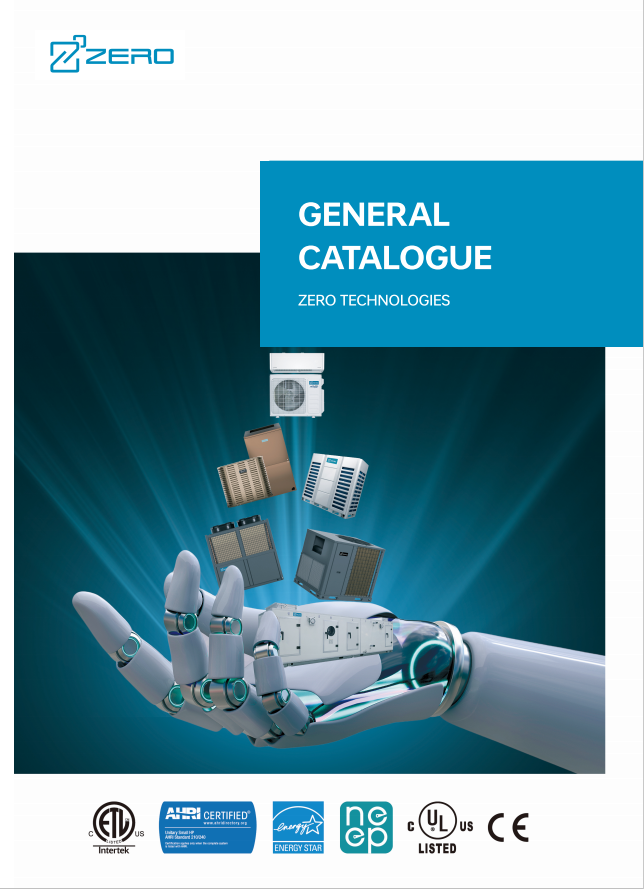South Africa’s industrial and commercial sectors are experiencing a surge in demand for advanced cooling solutions, driven by rapid industrialization, climate challenges, and stringent energy efficiency regulations. Water chillers, pivotal in sectors like food processing, pharmaceuticals, and data centers, have become indispensable for maintaining operational integrity. According to Frost & Sullivan, the South African chiller market is projected to grow at a CAGR of 5.8% from 2020 to 2025, fueled by modernization efforts and renewable energy integration.
This article explores the landscape of chiller manufacturers in South Africa, aligning with ASHRAE standards for system design and energy efficiency. We highlight key players, technological innovations, and real-world applications to guide businesses in selecting reliable, future-proof cooling solutions.
Why Choose Water Chillers in South Africa?
Energy Efficiency and Sustainability
Modern water chillers comply with ASHRAE Standard 90.1-2019, which mandates energy-efficient designs for HVAC systems. In South Africa, where electricity costs surged by 15% between 2020 and 2023 (Eskom Annual Report), chillers with variable-speed drives (VSDs) and magnetic bearing compressors reduce energy consumption by up to 40%. For instance, adiabatic cooling systems, which use ambient air and water evaporation, are gaining traction in arid regions like the Northern Cape.
Versatility Across Industries
– Small Water Chillers: Ideal for boutique breweries and laboratories, compact units (5–20 TR) offer precise temperature control.
– Industrial Chillers: High-capacity systems (100–2,000 TR) support mining operations and automotive manufacturing.
Regulatory Drivers
South Africa’s National Energy Efficiency Strategy (NEES) 2025 incentivizes businesses to adopt ENERGY STAR-certified chillers through tax rebates. Additionally, the Carbon Tax Act (2019) pressures industries to minimize carbon footprints, making eco-friendly chillers a strategic investment.
Top Water Chiller Manufacturers in South Africa
- APC Nigeria (Schneider Electric)
APC by Schneider Electric is a global leader in critical power and cooling solutions, specializing in data center infrastructure, including precision air conditioning and uninterruptible power supply (UPS) systems. While APC’s primary focus is on IT cooling, their precision cooling units integrate seamlessly with chiller systems in hybrid setups. For instance, their InRow Direct Expansion units are widely used in South African data centers to complement chilled water systems, ensuring ASHRAE-compliant thermal management.
- Comercio Limited
Comercio’s ammonia-based chillers dominate South Africa’s food processing sector, offering -40°C cooling for frozen storage. Their modular designs enable scalability, critical for expanding facilities.
- Jiji Nigeria
Targeting SMEs, Jiji provides air-cooled scroll chillers (10–50 TR) with plug-and-play installation. A 2022 case study showed a 30% cost reduction for a Johannesburg bakery using Jiji’s units.
- Hstars Global
Hstars’ hybrid chillers combine solar-powered absorption cycles with vapor compression, achieving a 50% reduction in grid dependency. Their partnership with Sasol’s Secunda plant highlights their industrial prowess.
- Fairtex Nigeria Ltd
Fairtex excels in aftermarket services, offering predictive maintenance via AI-driven diagnostics. Their retrofit solutions helped a Durban hospital cut downtime by 70% in 2023.
South African Brands with Local Expertise
- Liquichiller
Liquichiller’s glycol chillers are tailored for South Africa’s craft beverage boom. A Stellenbosch winery reported a 25% energy saving using their 30 TR system with heat recovery.
- Ichill (ichill.co.za)
Ichill’s oil-free centrifugal chillers, featuring R-513A refrigerant, align with global F-gas regulations. A Pretoria data center achieved PUE <1.3 using their 500 TR units.
- Compact Cool
Compact Cool’s rooftop-mounted chillers are popular in urban retail spaces. A Cape Town mall reduced cooling costs by 18% using their VSD-enabled models.
- Thermochillsystems.co.za
Thermochill’s titanium-plated evaporators resist corrosion in coastal regions. A Richards Bay desalination plant relies on their 800 TR systems for 24/7 operations.
- Tegnon
Tegnon’s adsorption chillers, powered by waste heat from gas turbines, support Eskom’s peaking plants. Their 2024 pilot project in Mpumalanga cut CO₂ emissions by 1,200 tons annually.
Global Brands Serving South Africa
- Evapco
Evapco’s evaporative condensers thrive in South Africa’s high-ambient conditions. A Kimberly diamond mine reported a 35% water savings using their closed-loop systems.
- Tunegroup Cooling System
Tunegroup’s modular chillers enabled a Johannesburg automotive plant to phase cooling capacity alongside production growth. Their 2023 installation achieved a ROI within 2.1 years.
Factors to Consider When Choosing a Chiller Manufacturer
- Cooling Capacity: Match chiller size (in tons of refrigeration) to peak and part-load demands.
- Energy Metrics: Prioritize SEER >14 and IPLV <0.6 kW/ton (ASHRAE 90.1).
- Local Support: Verify spare parts availability and response times—e.g., Ichill guarantees 24-hour service nationwide.
- Sustainability: Opt for low-GWP refrigerants (e.g., R-1234ze) and heat recovery options.
Industry Application Case Studies
Case 1: Pharmaceutical Cold Chain (Liquichiller)
A Johannesburg vaccine storage facility implemented Liquichiller’s 200 TR centrifugal chillers with redundant compressors. The system maintained 2–8°C temperatures during load-shedding, ensuring compliance with WHO guidelines.
Case 2: Data Center Cooling (Ichill)
Africa Data Centres’ Johannesburg hub deployed Ichill’s free-cooling chillers, leveraging winter ambient air for 60% annual energy savings. The project won the 2023 ASHRAE Technology Award.
Case 3: Sustainable Mining (Tegnon)
Anglo American’s Mogalakwena platinum mine integrated Tegnon’s solar absorption chillers to cool underground operations. The system reduced diesel generator use by 40%, saving $2M annually.
Conclusion
South Africa’s chiller market is evolving rapidly, blending global innovation with local adaptability. Brands like Ichill, Tegnon, and Evapco exemplify the synergy between ASHRAE compliance and African industrial needs. By prioritizing energy efficiency, lifecycle costs, and manufacturer credibility, businesses can future-proof their cooling infrastructure against rising operational and environmental challenges.





